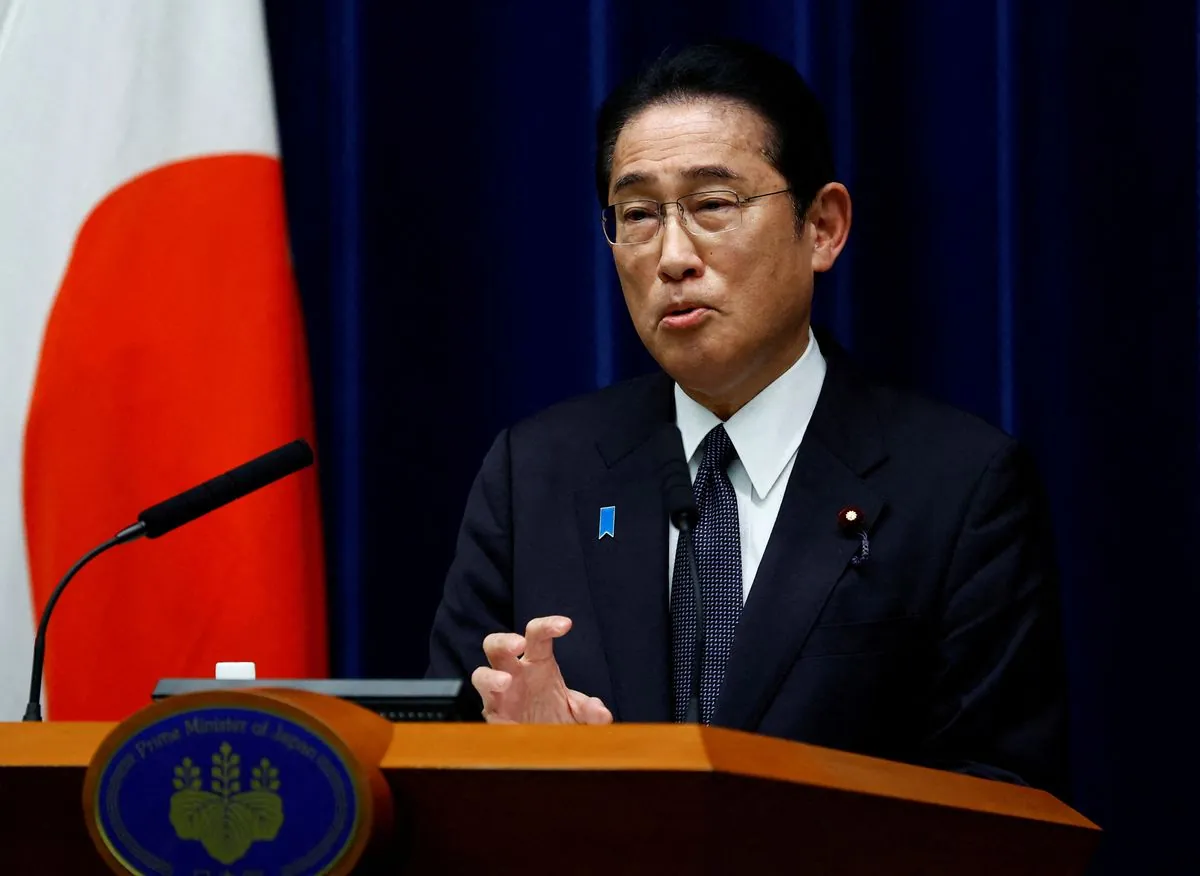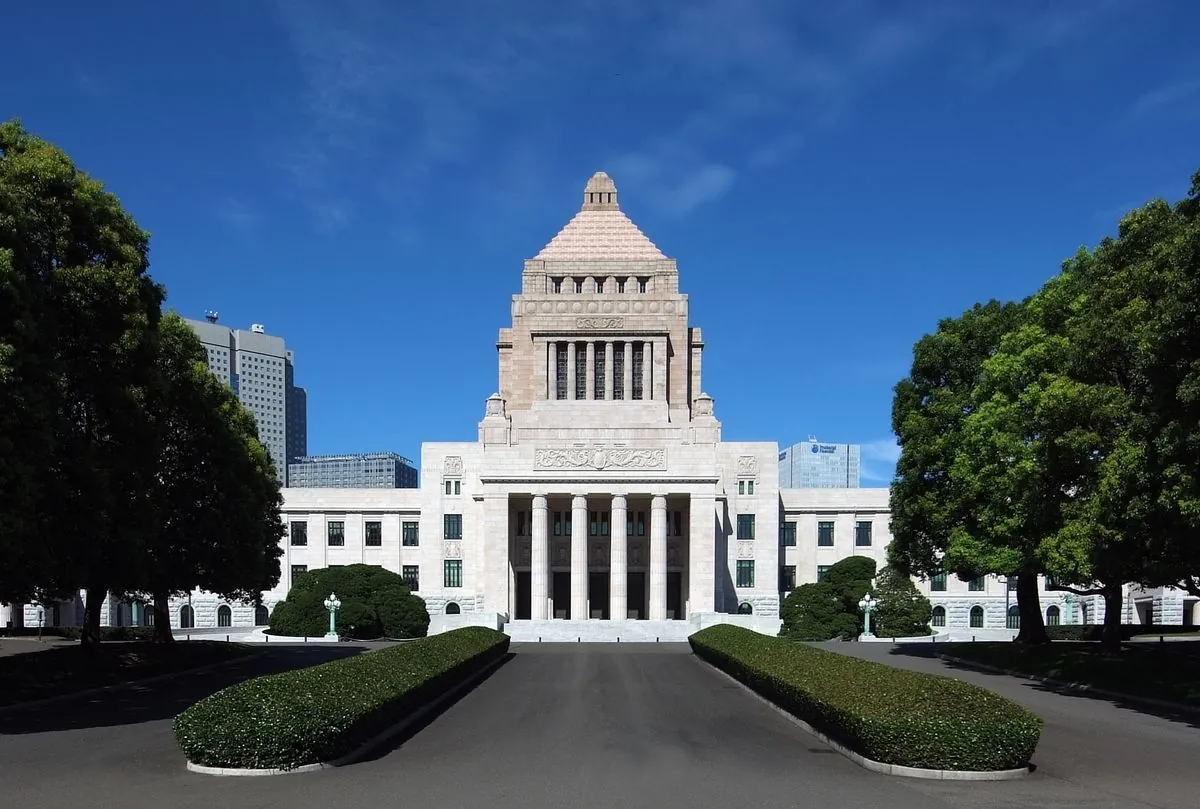Japanese PM Kishida to Step Down Amid Corruption Scandal
Japanese Prime Minister Fumio Kishida will not seek re-election as party leader, paving the way for a new prime minister. This decision comes amidst corruption scandals and declining public support.

Fumio Kishida, Japan's current Prime Minister, has decided not to seek re-election as the leader of the Liberal Democratic Party (LDP) in the upcoming September vote. This announcement, reported by NHK and other media outlets, signifies that Japan will soon have a new prime minister.
Kishida's decision comes as his three-year term as LDP president, which began in 2021, nears its end. The LDP's control over both houses of the Diet means that the winner of the party leadership contest will automatically become the next prime minister of Japan.
This development occurs against a backdrop of political turmoil for the LDP, which has been Japan's dominant political party since 1955. The party has faced numerous corruption scandals throughout its history, with the latest involving unreported political funds raised through ticket sales for party events. This scandal has implicated over 80 LDP lawmakers, primarily from a faction previously led by the late Shinzo Abe, Japan's longest-serving prime minister.

In response to the scandal, Kishida has taken several measures:
- Removed Cabinet ministers and party executives from their posts
- Dissolved party factions criticized for fostering money-for-favor politics
- Passed legislation to tighten control over political funds
Despite these efforts, public support for Kishida's government has plummeted to below 20%. This decline in popularity, coupled with local election losses earlier this year, has eroded his influence within the party.
The upcoming leadership change highlights the unique aspects of Japan's political system:
- The parliamentary structure allows for prime ministerial changes without general elections
- The LDP's long-standing dominance has been attributed to a weak opposition and the party's adaptability
- Political dynasties and factionalism continue to play significant roles in Japanese politics
As Japan prepares for this transition, questions arise about potential policy shifts, particularly regarding contentious issues such as constitutional reform and military capabilities. The new leader will face the challenge of restoring public trust in the LDP and addressing the ongoing corruption concerns.
"We need a fresh face to lead the party into the next general election and regain the public's trust."
This leadership change comes at a critical time for Japan, as it grapples with economic challenges, regional security issues, and the need for political reform. The outcome of the LDP leadership contest in September will likely shape Japan's domestic and foreign policies in the coming years.


































